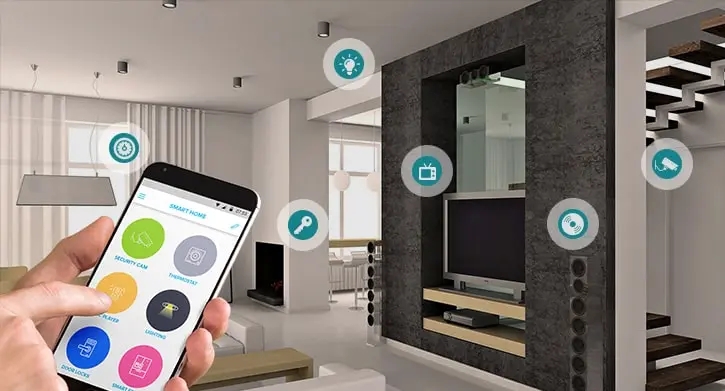Exploring Alternative Heating Methods
In a world reliant on electricity, finding ways to heat your home without it may seem like a daunting task. However, with a bit of creativity and resourcefulness, it’s possible to stay warm and cozy even when the power is out. Let’s explore some heating hacks and no-electricity solutions that can help keep your home comfortable during cold weather.
Harnessing the Power of the Sun
One of the most natural ways to heat your home without electricity is by harnessing the power of the sun. This can be achieved through passive solar heating techniques, such as strategically placing windows to let in sunlight during the day and using thermal mass materials like stone or concrete to absorb and store heat. Solar heaters and solar ovens can also be effective for heating smaller spaces or cooking food without electricity.
Utilizing Alternative Fuel Sources
When electricity is unavailable, turning to alternative fuel sources for heating becomes essential. Wood-burning stoves and fireplaces are traditional options that can provide both warmth and ambiance to your home. Additionally, propane or natural gas heaters can be used as backup heating sources, provided they are properly vented to prevent carbon monoxide buildup.
Harnessing the Power of Thermal Mass
Thermal mass refers to materials that can absorb and store heat, releasing it slowly over time to maintain a consistent temperature. By incorporating thermal mass elements like stone, brick, or tile into your home’s design, you can help regulate indoor temperatures without relying on electricity. For example, a masonry heater or rocket mass heater can utilize thermal mass to efficiently heat your home with minimal fuel consumption.
Maximizing Insulation and Sealing
Proper insulation and sealing are crucial for retaining heat in your home, especially when electricity is not available to power heating systems. Ensure that your home is well-insulated, with adequate insulation in the walls, floors, and attic. Additionally, seal any drafts or air leaks around windows, doors, and other openings to prevent heat loss and maintain a comfortable indoor environment.
Embracing Layering and Thermal Clothing
In addition to heating your home, it’s essential to focus on keeping yourself warm during cold weather. Embrace the art of layering by wearing multiple layers of clothing to trap heat close to your body. Thermal underwear, wool socks, and fleece jackets are excellent options for staying warm indoors without relying on electricity. Additionally, consider using blankets, quilts, and heated blankets to add extra warmth while sleeping or relaxing.
Exploring Portable Heating Options
In situations where traditional heating methods are unavailable, portable heating options can provide temporary relief. Portable propane heaters, kerosene heaters, and oil-filled radiators are all viable options for heating specific areas of your home without electricity. However, it’s essential to follow safety precautions and properly ventilate the space to avoid the risk of carbon monoxide poisoning.
Investing in Energy-Efficient Appliances
While not directly related to heating your home without electricity, investing in energy-efficient appliances can help reduce your overall energy consumption and reliance on electrical heating systems. Look for appliances with high Energy Star ratings, which are designed to minimize energy usage while still providing optimal performance. Additionally, consider incorporating passive solar design principles into your home’s construction or renovation to maximize natural heating and cooling benefits.
Preparing for Emergencies
Finally, it’s essential to have a plan in place for emergencies, especially during severe weather events or power outages. Stock up on emergency supplies, including blankets, portable heaters, extra fuel, and non-perishable food items. Consider installing a backup generator or alternative power source to ensure that essential appliances can still function during extended power outages. By being prepared and proactive, you can stay warm and safe even when electricity is not available. Read more about ways to heat your home without electricity











